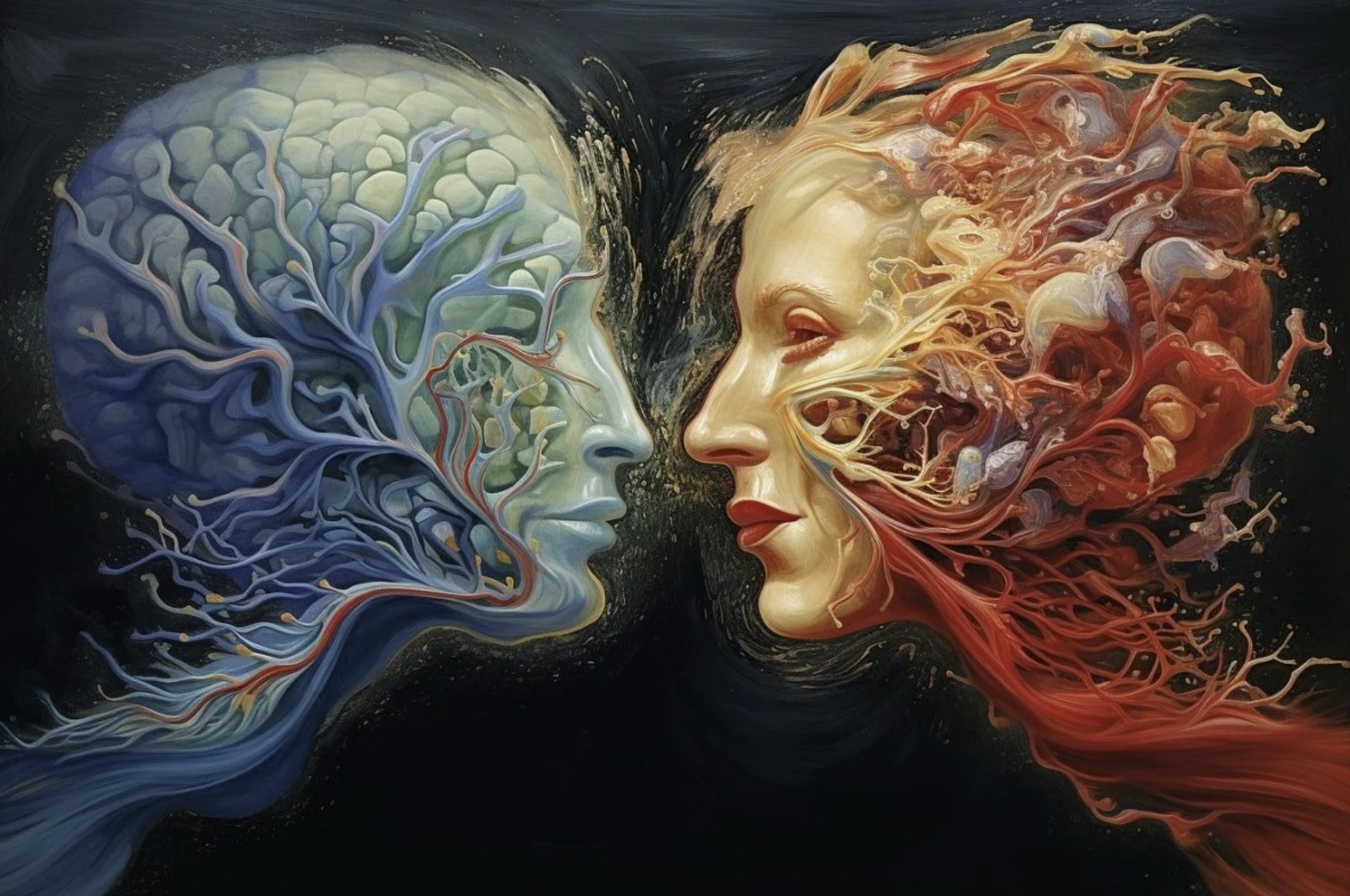By Howard Bloom
A story broke in Newsweek magazine April 10th claiming that a study in a high prestige medical journal of the American Medical Association, JAMA Psychiatry, revealed that teenagers who spend a lot of time playing video games and who use their computers heavily are more likely to have a psychotic episode.
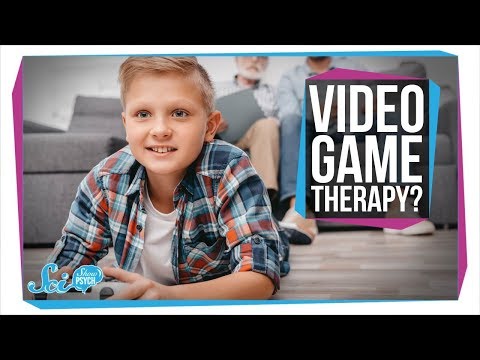
In the study Newsweek was reporting on, seven researchers in Montreal followed 1,226 people from the time they were five months old to the age of 23. What was the researchers’ big discovery?
That the association between psychotic episodes at the age of 23, video game use and using computers up to the age of fifteen then tapering off was at best “modest.” It was not a big deal.
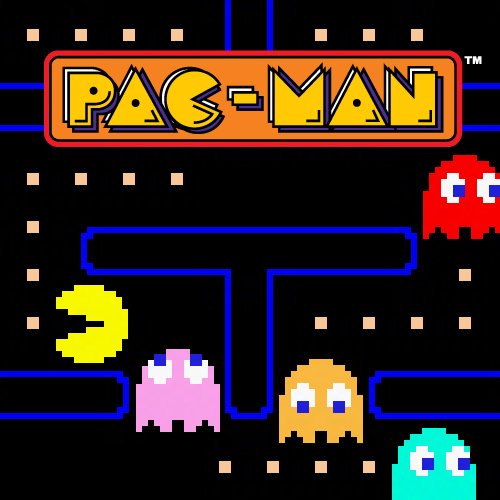
But there’s a much more surprising story in the current state of research on mental illness and video games. Since Atari games first hit your bedroom 52 years ago, parents and researchers have worried that video games are polluting their kids’ brains and driving them into mental illness. And early studies seemed to back these panicked parents up.
But a dive into the research of the 2010s and 2020s shows that among mental health researchers, things have changed dramatically. The current research trend is no longer to blame the mental health problems of kids on video games.
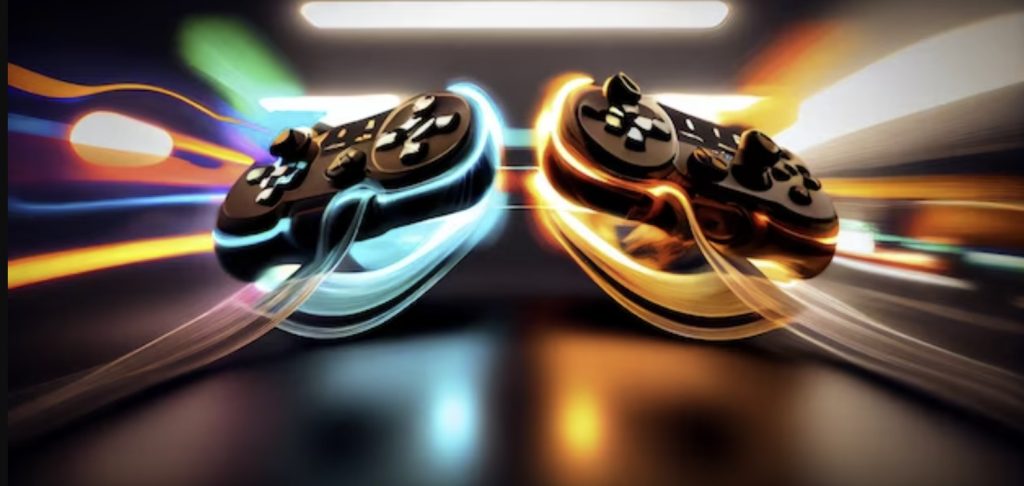
Instead this new stream of research looks to video games as healers. It looks to video games to make kids with serious mental health problems like psychosis better.
But first, what is psychosis? According to the Oxford English Dictionary, it’s a state in which you lose “contact with external reality.” It’s a state in which your mind is seized by delusions, wild fantasies. A state in which you may hear voices in your head telling you what to do. And in which you may be certain that the CIA or folks from another planet are hunting you down. These fantasies can seem more real than any reality right under your nose.
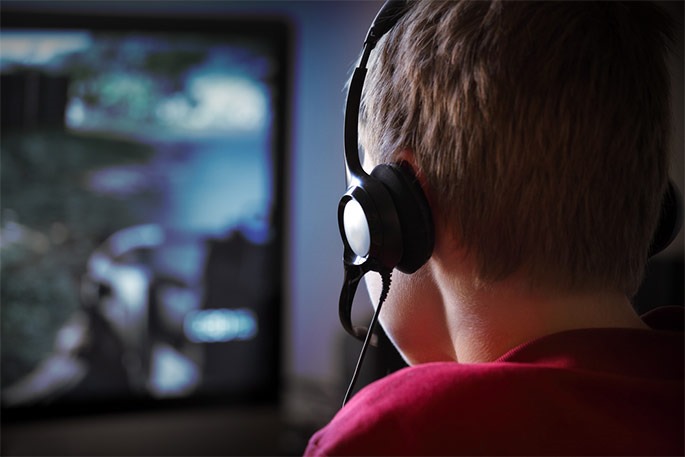
Does intense use of video games drive you or your kid into this delusional state? The researchers have looked for evidence that it does since 1983. That’s 41 years. Two entire generations.
And scientists have found only what one study called a “medium-sized” relationship between “problematic video gaming” and your emotion, your self-esteem, and your ability to cope.
But is that relationship because video games cause mental health problems or because people with mental health problems, people who feel isolated and shunned, seek refuge in video games?
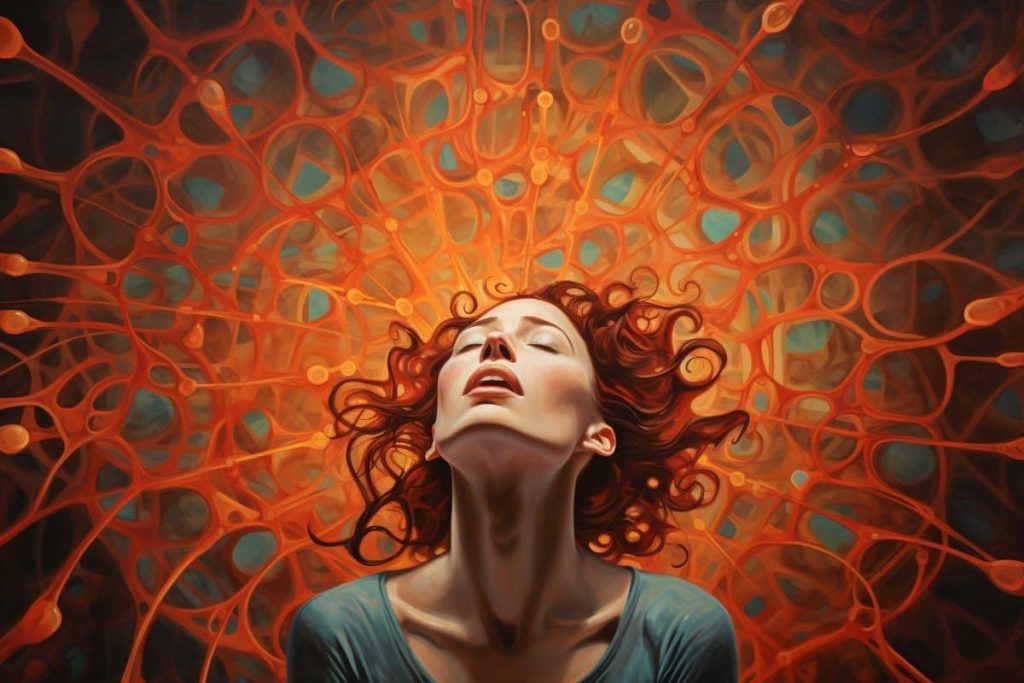
Fourteen authors from the University of Laval in Quebec looked at 242 research papers from seven databases and found that after all these decades of research, when it comes to the relationship between psychotic disorders and even the most extreme form of video gaming, video-game addiction, we simply do not know. Or as the fourteen French-Canadian researchers put it, we have an overwhelming “lack of knowledge.”
If mild or excessive video gaming led to psychosis, surely after more than 52 years and over a thousand research studies, we would know it.
The real answer to whether video games cause psychosis may be hiding in a small 2012 study of 22 people separated into two groups: one group that video-gamed and another group that received a multi-step cognitive training.
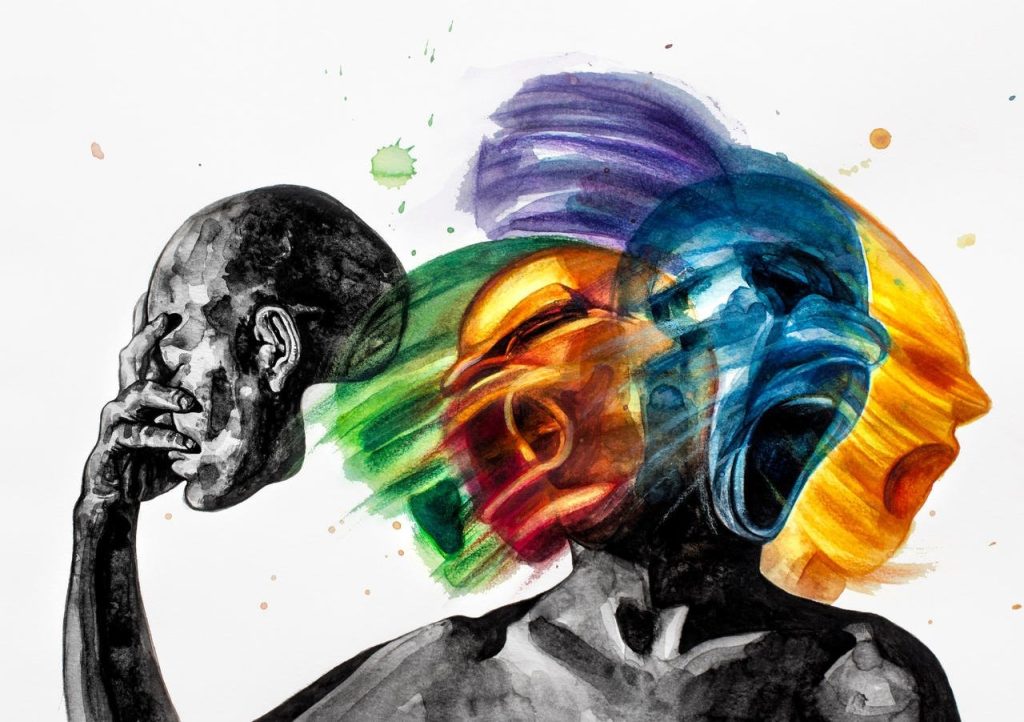
The researchers were hoping that the cognitive training would reduce the symptoms of psychological distress. But it did not. It only decreased symptoms “marginally.” It was, get ready for a shock, the group playing video games whose symptoms decreased significantly.
This sort of unexpected feedback on the positive power of video games has driven itself home so powerfully that a major research focus over the last twelve years has been a shocking turnaround.
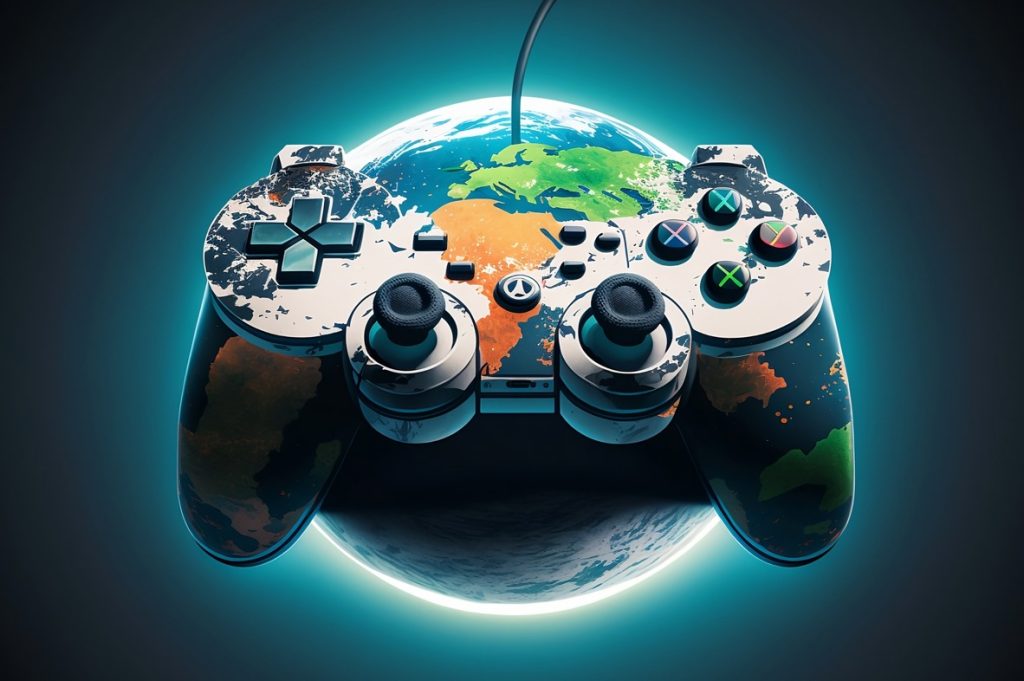
It’s been on using video games as therapy. But how have video games actually done at healing? Reports one early meta-analysis of 38 research papers, “Video games improved 69% of psychological therapy outcomes, 59% of physical therapy outcomes, 50% of physical activity outcomes, 46% of clinician skills outcomes, 42% of health education outcomes, 42% of pain distraction outcomes, and 37% of disease self-management outcomes.”
In other words, video games, if they’re used properly, can be more powerful than a pill.
References:
https://www.newsweek.com/teenagers-video-games-computer-use-psychotic-experience-1888936
Huot-Lavoie, Maxime, Mina Gabriel-Courval, Laurent Béchard, Olivier Corbeil, Sébastien Brodeur, Charles Massé, Émilien Fournier et al. “Gaming disorder and psychotic disorders: a scoping review,” Psychopathology 56, no. 4 (2023): 315-323, https://karger.com/psp/article-abstract/56/4/315/836334
Ricci, Valerio, Domenico De Berardis, Giuseppe Maina, and Giovanni Martinotti. “Internet gaming disorders and early onset psychosis in young people: A case study and clinical observations.” International journal of environmental research and public health 20, no. 5 (2023): 3920. https://www.mdpi.com/1660-4601/20/5/3920
Johnson, D., Gore-Jones, V., Dark, F., Parker, S. D., Foley, S., & Mandryk, R. L. (2021). “Videogame play and wellbeing among a first episode psychosis population.” Proceedings of the ACM on Human-Computer Interaction, 5(CHI PLAY), 1-23, https://doi.org/10.1145/3474708
Danilina, Oleksandra, A. Cox, Andres Fonseca, and Sonia Johnson. “Serious video games as psychosocial interventions for psychosis.” Association for Computing Machinery (ACM), 2017. https://discovery.ucl.ac.uk/id/eprint/1570518/
Roberts, Matthew T., Jack Lloyd, Maritta Välimäki, Grace WK Ho, Megan Freemantle, and Anna Zsófia Békefi. “Video games for people with schizophrenia.” Cochrane Database of Systematic Reviews 2 (2021). https://www.cochranelibrary.com/cdsr/doi/10.1002/14651858.CD012844.pub2/full
Heiden, J., Braun, B., Müller, K., & Egloff, B. (2019). “The Association Between Video Gaming and Psychological Functioning.” Frontiers in Psychology, 10. https://doi.org/10.3389/fpsyg.2019.01731.
Bargeron, A., & Hormes, J. (2017). “Psychosocial correlates of internet gaming disorder: Psychopathology, life satisfaction, and impulsivity.” Comput. Hum. Behav., 68, 388-394, https://doi.org/10.1016/j.chb.2016.11.029
Loton, D., Borkoles, E., Lubman, D., & Polman, R. (2016). “Video Game Addiction, Engagement and Symptoms of Stress, Depression and Anxiety: The Mediating Role of Coping.” International Journal of Mental Health and Addiction, 14, 565-578. https://doi.org/10.1007/s11469-015-9578-6
Urben S, Pihet S, Jaugey L, Halfon O, Holzer L. “Computer-assisted cognitive remediation in adolescents with psychosis or at risk for psychosis: a 6-month follow-up.” Acta Neuropsychiatrica. 2012;24(6):328-335. doi: http://doi.org/10.1111/j.1601-5215.2012.00651.x
https://www.oed.com/dictionary/psychosis_n
______
Howard Bloom of the Howard Bloom Institute has been called the Einstein, Newton, and Freud of the 21st century by Britain’s Channel 4 TV. One of his seven books–Global Brain—was the subject of a symposium thrown by the Office of the Secretary of Defense including representatives from the State Department, the Energy Department, DARPA, IBM, and MIT. His work has been published in The Washington Post, The Wall Street Journal, Wired, Psychology Today, and the Scientific American. He does news commentary at 1:06 am Eastern Time every Wednesday night on 545 radio stations on Coast to Coast AM. For more, see http://howardbloom.institute.
